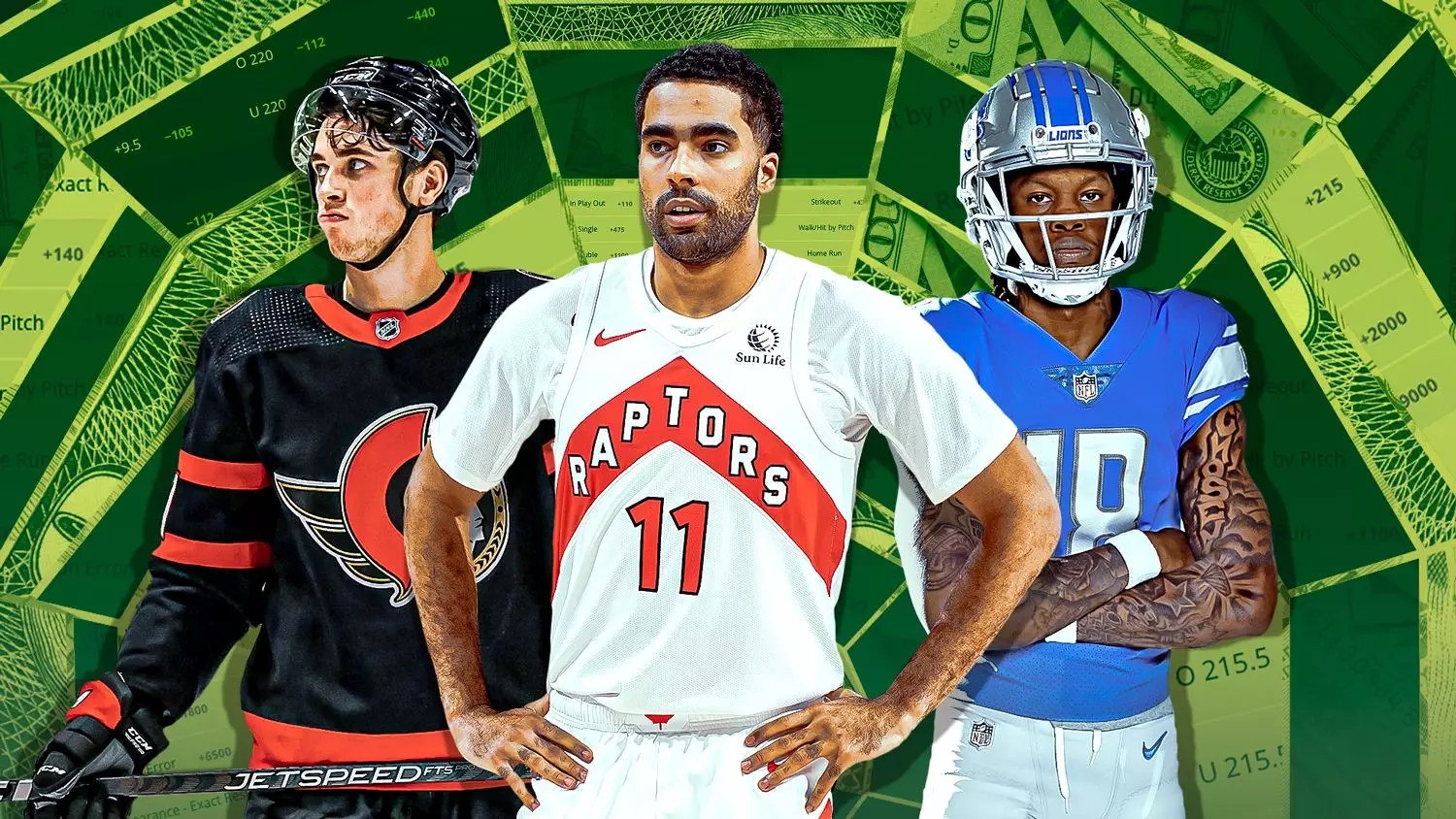The Supreme Court’s decision to strike down the Professional and Amateur Sports Protection Act in 2018 marked a turning point in the world of sports betting in the United States. This decision opened the floodgates for states to legalize and regulate sports betting within their borders, leading to the rapid expansion of legal betting markets across the country.
While the legalization of sports betting has brought in billions of dollars in revenue and provided fans with a new way to engage with their favorite sports, it has also given rise to a slew of controversies. Over the past few years, numerous professional and collegiate athletes and coaches have faced suspensions and firings for violating gambling rules. These incidents have raised concerns about the integrity of sports competitions and the potential for corruption.
Notable Cases of Misconduct
One of the most high-profile cases involved Toronto Raptors reserve center Jontay Porter, who was banned for life from the NBA after an investigation revealed that he had disclosed confidential information to bettors and placed bets on NBA games while playing in the G League. This incident highlighted the risks associated with insider information being used for gambling purposes.
Impact on Professional Leagues
The close relationship between professional sports leagues and bookmaking companies has further blurred the lines between sports and gambling. The partnerships between teams and sportsbooks have raised concerns about conflicts of interest and the potential for players to engage in unethical behavior for personal gain. The NFL, for example, has had to suspend several players for betting on games, including Calvin Ridley and Miles Austin.
Despite efforts by the gaming industry and sports leagues to address gambling-related controversies, the underground betting market continues to thrive in the US. Unlicensed bookmakers offer credit and attract high-profile clients seeking anonymity. The lack of regulation in this sector poses a significant challenge for law enforcement agencies and sports integrity organizations.
The Need for Stronger Regulations
The rise in sports betting controversies underscores the need for stronger regulations and oversight to protect the integrity of sports competitions. The NCAA has called for a ban on college prop bets to prevent harassment of student-athletes and maintain fair competition. State legislators and sports governing bodies must work together to establish clear rules and protocols to prevent misconduct and ensure transparency in the sports betting industry.
As the popularity of sports betting continues to grow in the US, so too do the controversies surrounding it. From insider information leaks to illegal betting activities, the industry faces ongoing challenges to maintain integrity and credibility. It is imperative for all stakeholders, including sports leagues, government regulators, and law enforcement agencies, to collaborate and implement robust measures to combat misconduct and uphold the values of fair play in sports.


Leave a Reply